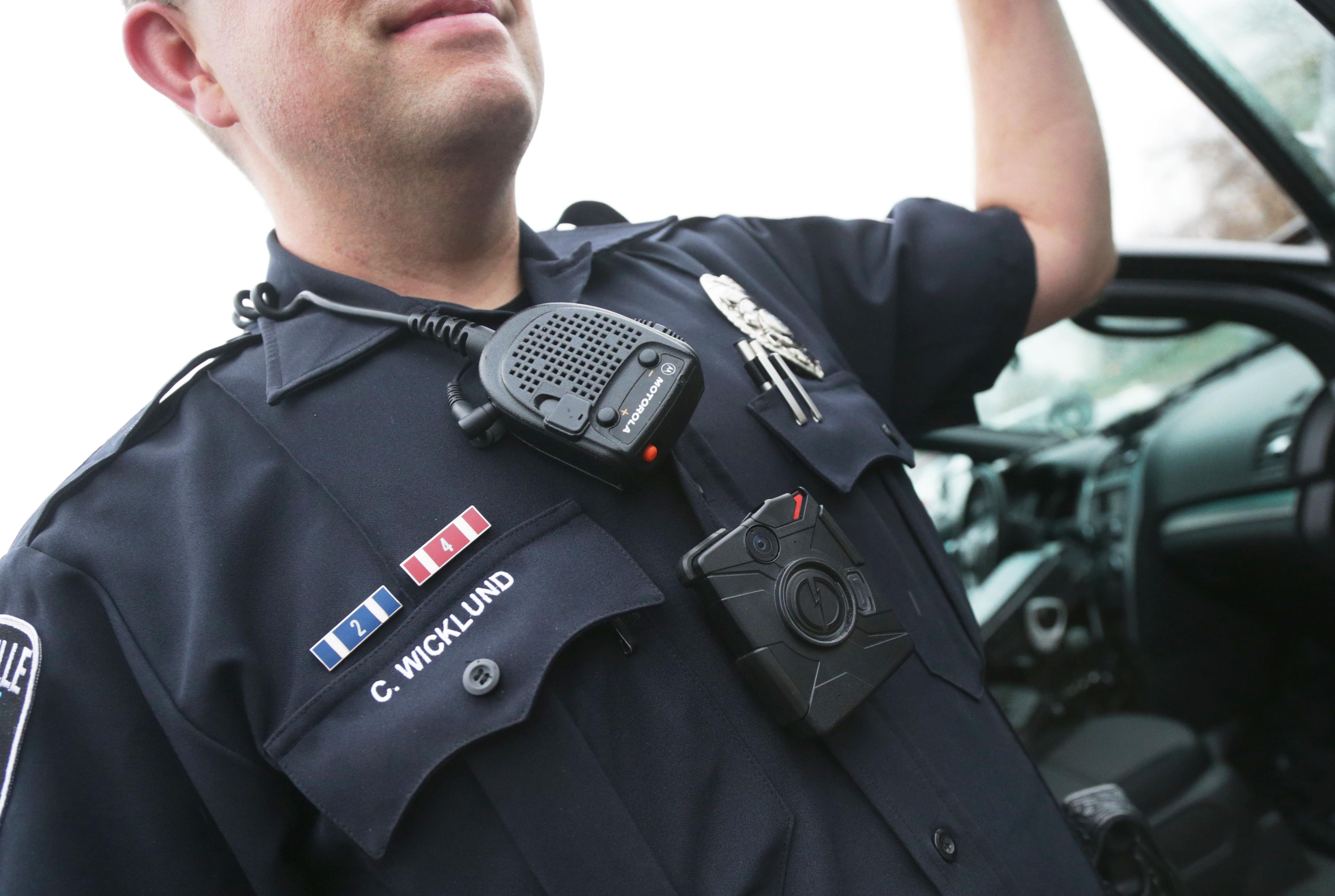

Trinidad police officer Ron Arlint responded to a call about a trespasser. His body camera was on as he entered an abandoned mobile home in the southern Colorado town.
"Police department," he shouted. "Anybody in here? Show your hands. Make yourself known."
Nobody replied. Arlint walked through one trashed room into another, looking left and right. Finally, he turned a corner and saw a man. Gun drawn, Arlint yelled: "Get on the ground! Get on the ground! Right now!"
"Oh my God," the man said as he lied down. But then he quickly spun back up, pointing a gun at the officer.
Arlint yelled again: "Put your hands... cross your legs... I will taze you."
Arlint fired his gun several times. The suspect, Todd Jamal Dye, never managed to fire a shot. He later died.
These events were recorded on a department-issued body camera attached to the front of Arlint's uniform. The footage was key to clearing Arlint of any wrongdoing, said local District Attorney Frank Ruybalid.
Across Colorado and the country, body cameras are changing policing -- and public perceptions of police work. In a Denver metro area case, Federal Heights, police Cpl. Mark Magness' body camera was running as he beat and bloodied a man in custody. Magness was fired in December and last month pleaded guilty to attempted assault.
 About a quarter of Colorado police departments are already using cameras. More are expected soon. The state Legislature recently approved funding to help departments with the cost.
About a quarter of Colorado police departments are already using cameras. More are expected soon. The state Legislature recently approved funding to help departments with the cost.
Michael D. White, a criminal justice professor at Arizona State University with the Center for Violence Prevention and Community Safety, spoke with Colorado Matters host Ryan Warner about the emerging world of body cameras.
White on the climate for police body cameras
"What happened after Ferguson was the media became interested, politicians became interested and citizens became interested and as a result, then, the adoption of technology has increased dramatically."
White on rising arrests with body cameras
"There are a number of researchers who have surveyed police officers... and there's at least some anecdotal support for the idea that police officers are going to be more likely to take formal action rather than to resolve an encounter informally [like issuing a ticket instead of giving a warning]. In fact, a study here in Phoenix with the Phoenix Police Department found that arrest activity actually increased among the officers who were wearing cameras."
White on whether body cameras should have an "off" switch
"There are times where the presence of a body-worn camera may actually impede the ability for the officer to do his or her job. Will a victim decide not to provide a statement because the incident is being recorded? Will a concerned citizen decide not to provide information about criminal activity in the next apartment or the house next door because the camera is on? So I think the officers have to have some discretion in order to more effectively do their job."
White on what technology might come next
"You know we have the FitBit and things like that that monitor, you know, our stress levels, our heart rate. I think it's possible that we could go that route with law enforcement and have officers wearing devices that capture their physiological responses so we can see when officers are highly stressed and, you know, the sergeant then contacts the officer and says, 'What's going on? You OK?'"
White's study:








